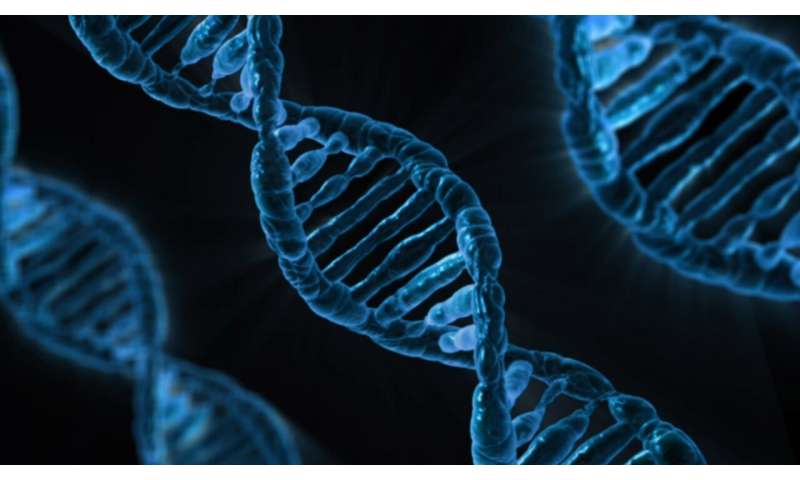
The causes of rare diseases could be uncovered using an approach created to identify genetic mutations that trigger a muscle-wasting condition, a study suggests.
Researchers have devised a way to pinpoint defective genes that are linked to a rare form of muscular dystrophy, which causes muscle weakening and heart problems.
The approach could help doctors perform a faster and cheaper diagnosis of the condition—called Emery-Dreifuss muscular dystrophy, or EDMD.
It could also be adapted to screen for gene mutations involved in other rare diseases, researchers say.
Discovering the cause of rare conditions can be challenging. Robust genetic screening tests are difficult when only a relatively small number of people are affected.
Previous research has shown that mutations in six different genes cause EDMD, which affects around one in 100,000 people worldwide.
However, these mutations are found in less than half of people diagnosed with the disease, indicating that other genes can also trigger it, researchers say.
Researchers from the University of Edinburgh designed a new multi-stage sequencing approach to discover other genetic mutations that might lead to EDMD.
They initially identified more than 300 genes that could be involved, including ones linked to other forms of muscular dystrophy and those that perform a similar function to the genes known to cause EDMD.
By analysing these alongside the genetic code of 56 people from the UK and Germany diagnosed with EDMD, the team identified more than 20 new mutations that appear to cause the condition. These are likely most of the remaining genes linked to EDMD, researchers say.
The study, published in the journal EBioMedicine, was funded by Wellcome, Muscular Dystrophy UK, the Medical Research Council, and the European Union’s Seventh Framework Programme.
Professor Eric Schirmer, of the University of Edinburgh’s School of Biological Sciences, who led the study, said: “As well as helping to identify mutations in rare diseases, using our approach in initial NHS screening would also save money and help spot misdiagnoses. This is particularly important as it can take many years to get a clear diagnosis of EDMD.”
Dr. Kate Adcock, Director of Research and Innovation at Muscular Dystrophy UK, said: “We know that many people with neuromuscular conditions are living without a genetic diagnosis. This research could pave the way to help people to get a diagnosis earlier. This will help people to manage their condition thereby helping to provide a better quality of life.”
University of Edinburgh

